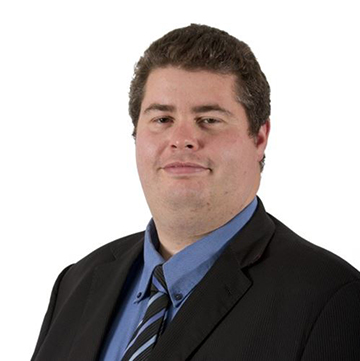Insolvency becomes contentious when issues such as potential fraud and wrongful trading are involved in financial distress. In these situations, it’s important to act quickly to maximise recoveries for the benefit of creditors and avoid asset dissipation. Our special investigations team can step in to identify and recover assets through in-depth research, investigation, international asset tracing and litigation.
We take a multi-disciplinary approach, working with legal advisers and forensic experts to identify and recover assets. We do this by bringing claims against those accountable for breaches of the Insolvency and Companies Act for such matters as fraud, misfeasance or breach of duty, amongst others. With our national and international connections, we deal with cross-border issues, complex litigation and numerous contentious matters, as well as liquidations and high-profile and complex bankruptcies.
Our team typically investigates:
- court-appointed receiverships;
- provisional liquidations;
- public interest liquidations;
- compulsory liquidations;
- bankruptcies;
- administrations and voluntary liquidations where there are concerns over the sale of the business and assets; and
- cases relating to Proceeds of Crime Act, Drug Trafficking Act and Criminal Justice Act appointments.
Steering you through a contentious insolvency case
If assets have been moved without your knowledge, you’re struggling to secure a payment or you suspect fraud, it can be difficult to know where to start. We follow a four-stage process with a typical insolvency investigation case, which includes initial review and advice prior to appointment, rigorous research and investigation, legal review and litigation and finally, settlement and making a recovery. We can help at each stage of the process to guide your next steps and secure the best outcome. To read more about our approach to handling contentious insolvencies, you can download our steering you through a contentious insolvency case brochure.
If you could benefit from our services or if you would like to hear further information, please contact Mark Wilson or James Dowers.




